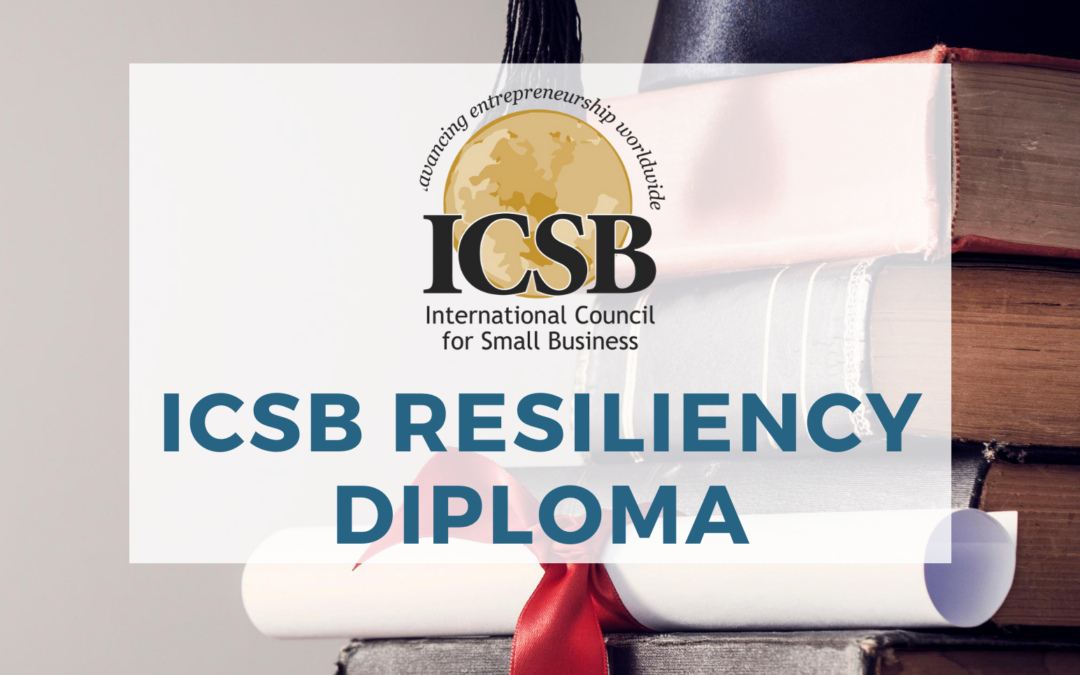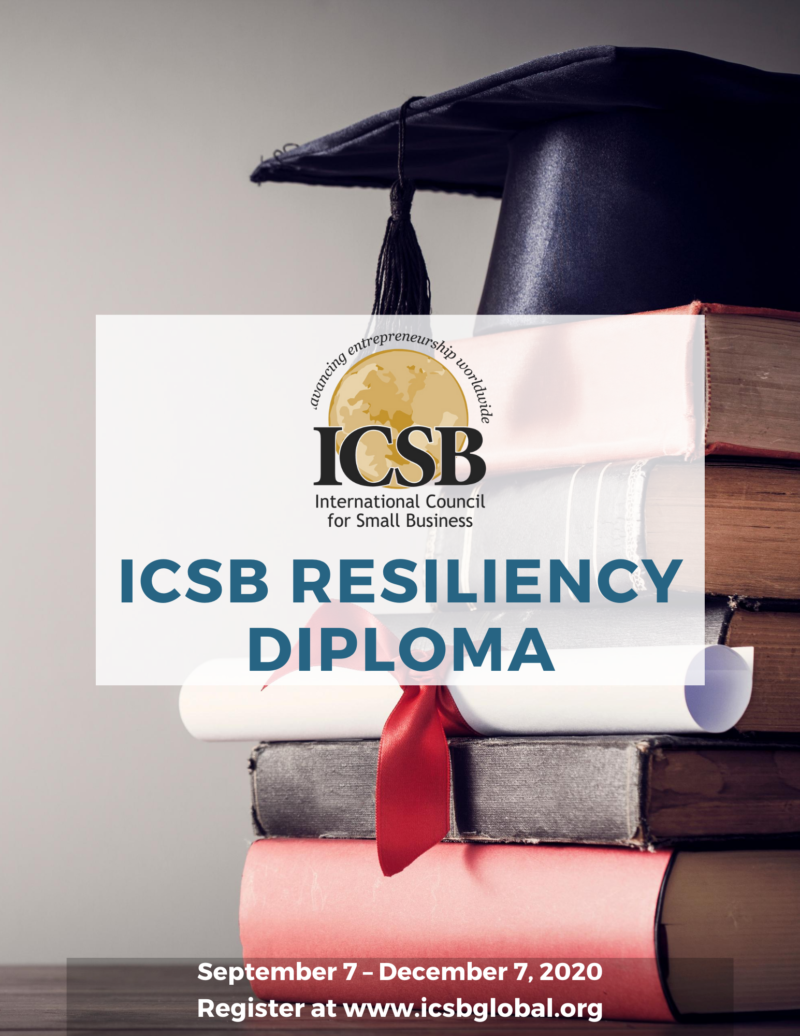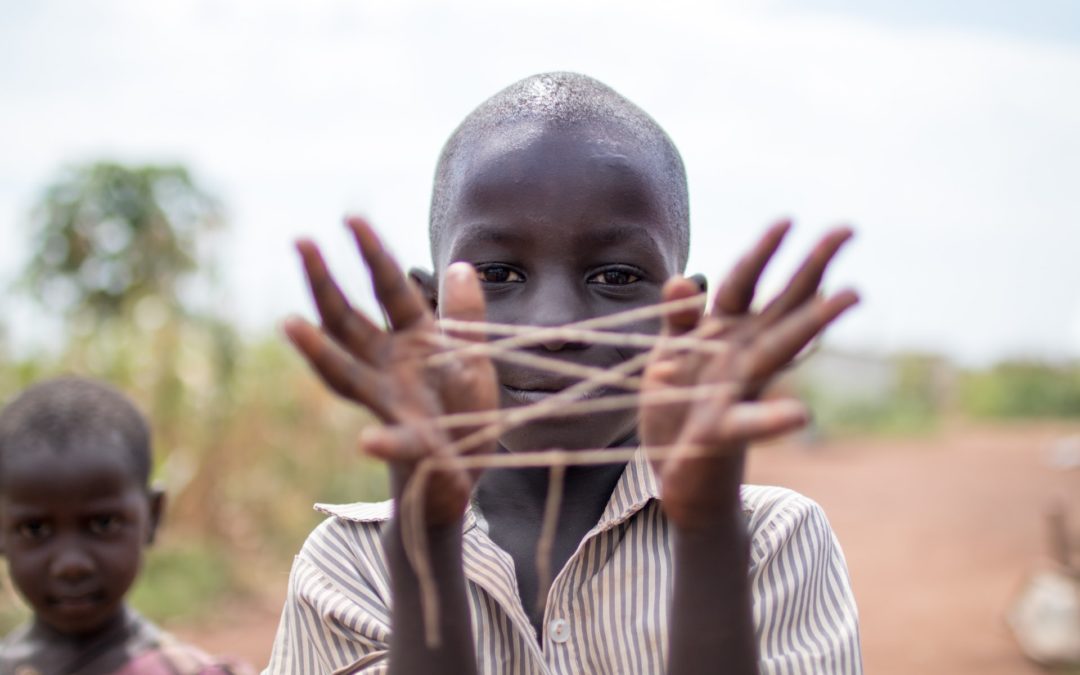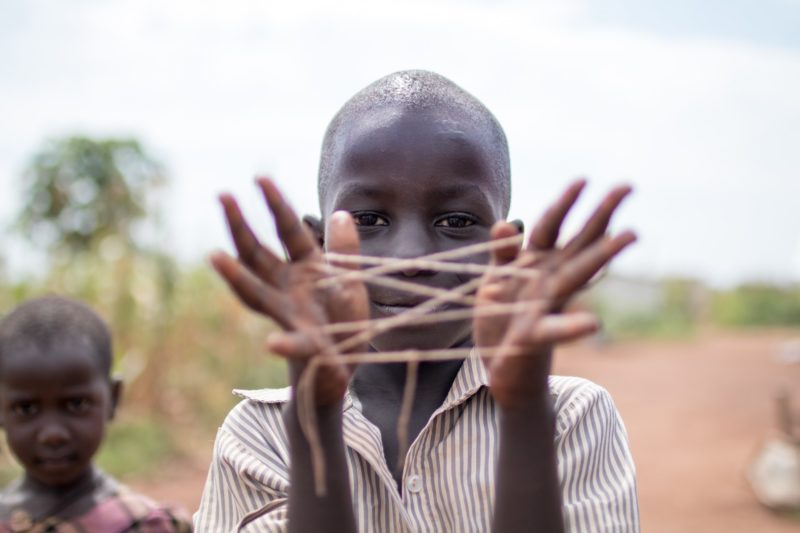In creating sustainable and continuous cycles of growth, our enterprises must see themselves as part of a greater whole.
As transparency increases and the global population stands firmly and united in their demands to promote a just and green economy.
In December of 2019, ICSB provided a message to its entrepreneurship community, indicating the foreseeable “End of the Status Quo.” ICSB was expecting the need for a great upheaval of our past societal structure to meet the needs of an advancing world. With the growing demand for employment opportunities, attention to global health trends, and humanitarian justice, we can no longer ignore how our status quo has failed us. At the turn of the decade, we understood a need for change, and, now, almost 9 months into this Decade of Action (United Nations), it seems complicated to imagine how we managed to exist within that ancient platform.
Welcoming in this new paradigm, brought on by the need for change and subsequent crises that forced that change, we might find it challenging to articulate precisely where we are. Luckily, as always, with entrepreneurship, we can choose with which perspective we wish to engage in. Without ignoring the struggles and challenges presented by the current status of our global community, ICSB would like to participate with the new and exciting changes, unearthed by the recent crises, which can no longer be ignored. From significant alterations in education systems and the digitization of the entire world to discussions around a universal basic income, we can choose to capture the opportunities from these events. In thinking about the dramatic changes in the political world, the rise of the gig economy, and constant changes in national and international relations, ICSB has spent time reflecting on the major themes emerging from this moment.
Over the past couple of months, we have pressed ourselves to create a weekly reflection on Humane Entrepreneurship. During the struggle of the COVID-19 induced lock-down and border closures, we were uncertain of any resemblance of the present and the future. However, we felt that it was essential to build a presence that embodied our aspired future. Therefore, we have spent months creating content about the theory of Humane Entrepreneurship as we were sure that, regardless of our future, we wanted it to involve the guiding principles of care and protection for the human person as well as for our shared environment. This theory bridges the current entrepreneurial ecosystem and the ideal and future one by providing guidelines through which we might categorize enterprises. These reflection pieces have been incredible in helping shape our understanding of who we are, as an ICSB community, and where more effort and impact is needed.
The status quo is no longer enough, and in building our world anew, we might consider that we do not wish to create a new status quo, but rather that we can, instead, define our current situation through the trends it exhibits. ICSB considers four guiding themes that will push us forward into the future. The themes, being forgiveness, frugal innovation, Humane Entrepreneurship, and resiliency, represent the important topics with which we, as a community, must engage to step freely and gracefully into our future world.
In creating sustainable and continuous cycles of growth, our enterprises must see themselves as part of a greater whole. Enterprises who start to view their ventures through the perspective of frugal innovation will consequently create solutions for more people without utilizing additional resources. The businesses who are willing to honestly admit their missteps regarding employment policies, working conditions, and environmental exploitation will be able to incorporate an application of forgiveness and subsequently transition towards more virtuous practices. This execution will be part and practice of focusing on the human-specific theory of Human Entrepreneurship (HumEnt). HumEnt will ultimately leverage a firm’s, an organization’s, or a nation’s ability to create quality employment opportunities and therefore sustainably increase their wealth, which will generate patterns of resilience in the face of crisis.
As transparency increases and the global population stands firmly and united in their demands to promote a just and green economy, ICSB sees the smaller entrepreneurial units as key players in these transitions. When we begin to see the positive effects of putting an end to our past status quo, we will no longer stand for the same injustices. Micro, small, and medium-sized enterprises (MSMEs) have an incredible capacity to incorporate these strategies and themes into their structural DNA to promote an equitable future for all more greatly.
Please follow with us as we expand our reflection series to include all players in the “End of the Status Quo.”
Article by:
Dr. Ayman El Tarabishy
President & CEO, ICSB
Deputy Chair, Department of Management, GW School of Business








